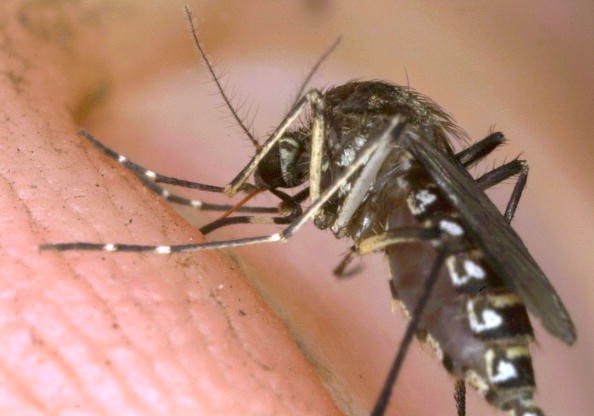
Ahh, the Caribbean! Sunny beaches, tropical breezes, friendly people, and a mosquito-borne illness. People who are heading to the islands for a vacation may be coming home with chikungunya and their regular doctors may not be able to recognize it. About 2,000 travelers have come home from affected areas with chikungunya.
Chikungunya is a viral disease that is transmitted by a mosquito bite. Symptoms include severe joint pain, fever, and a rash. The fever lasts for a few days, and most people get better in a week, but for some the joint pain can last weeks or months. Other symptoms include headache, muscle pain, and joint swelling. Chikungunya is very rarely fatal.But symptoms may not show up for up to 12 days after you are bitten, which means that you could be back home before you know you have it and your regular doctor may not recognize it.
The disease was once seen only in equatorial Africa and Southeast Asia. It is now been confirmed in more than 25 countries in the Caribbean, according to the World Health Organization and the U.S. Centers for Disease Control and Prevention.
The CDC advises travelers to the Caribbean (or other countries where chikungunya is endemic) to protect themselves from mosquito bites. You should:
-
Wear long sleeves, long pants, and hats
-
Use an insect repellent.
-
Stay or sleep in a screened or air-conditioned room.
-
If you are sleeping outdoors, use a mosquito net.
Good choices for insect repellent include those that contain ingredients like DEET, picaridin, oil of lemon eucalyptus, or IR 3535. Use these products according to the package directions.
If you have traveled to the Caribbean and think you may have chikungunya:
-
Tell your doctor or healthcare provider that you recently were in the Caribbean
-
Get plenty of rest.
-
Drink plenty of liquids.
-
Continue to avoid getting bitten by a mosquito, because this can spread the disease.



